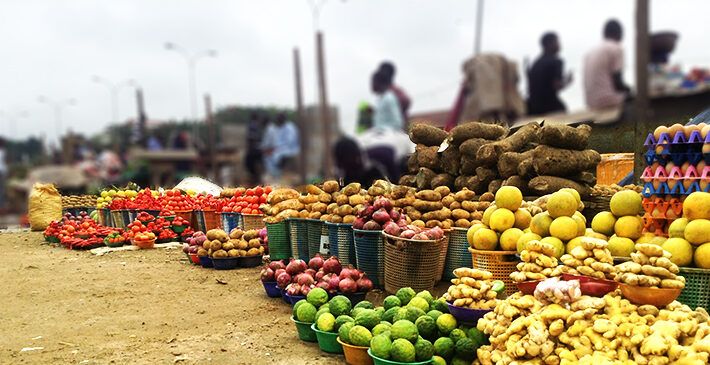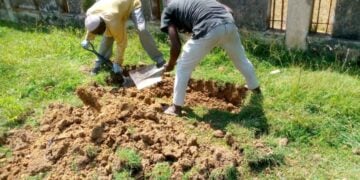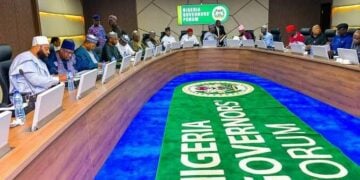College of Agricultural Economics, Rural Sociology and Extension (CAERSE), Michael Okpara University of Agriculture, Umudike (MOUAU) has highlighted the urgent need to enhance food security in the country.
The CAERSE drew attention to this point during its maiden International Conference at the MOUAU, adding that all hands must be on deck in the face of climate change challenges.
Declaring the event open, the MOUAU vice-chancellor, Prof. Maduebibisi Iwe, said the theme, “Food Security and Climate Change: Nigeria’s Contemporary Socio-Political and Technological Environment,” was timely and relevant.
Represented by the deputy vice-chancellor (Academics), Prof. Nneoma Obasi, Iwe noted that the country’s insecurity is closely linked to food insecurity and urged the authorities to address the root causes.
Iwe, who decried the declining quality of food in the country “largely due to limited funding”, expressed optimism that the event would offer viable solutions to issues surrounding food insecurity.
In an address of welcome, the dean of the CAERSE, Prof. Nnanna Agwu, urged increased collaboration among researchers to develop sustainable responses to food insecurity driven by the challenges.
Citing projections that the country’s temperature could rise by 2.9°C to 5.7°C by 2100, he referenced the 2022 ND-GAIN Index, which ranks the country 157th out of 187 countries regarding climate vulnerability and readiness.
The dean, therefore emphasized the nation’s exposure to extreme weather conditions and underscored the importance of academic discourse in formulating appropriate strategies.
In a keynote address, Abia State commissioner for Agriculture, Dr. Cliff Agbaeze, advocated for climate-smart agriculture as a critical strategy to achieve food security and drive sustainable economic development in the country.
In the address “Ensuring Food Security in the Midst of Climate Change: A Panacea for Nigerian Economic Development,” he noted climate change’s impacts on agriculture and called for the adoption of resilient policies and innovative technologies.
Contributing virtually from Russia, Prof. Galina V. Astratova of the Federal University emphasised the need for greater investment in the country’s agricultural and industrial complex.
In a lecture entitled “Geopolitical Pressures and Policy Complexities for Russian and Nigerian Food Security,” she called on the Nigerian government to pursue agricultural self-sufficiency.
She described the agro-industrial sector as pivotal to economic growth and national development, urging the authorities to embrace digital transformation and strategic policy shifts to ensure future food security.
In a remark, the deputy dean, Dr. Blessing Ahamefule, identified organic farming as a vital tool to combat climate change and food insecurity and stressed the importance of sustainable agriculture and environmental resilience.
“Organic farming is not just an agricultural method—it is a holistic system that respects natural cycles, reduces harmful chemical usage, and supports biodiversity,” she maintained.
In respective goodwill messages, the state coordinator, Federal Ministry of Agriculture, Dr. Alloysius Mbah, and the head of Station at the Humid Forest Research Institute, Umuahia, Dr. Afoke Koyeso, described food security as a fundamental human right.
They warned that climate change severely threatens food production and access, calling for a holistic approach that includes sustainable agriculture, climate-resilient infrastructure, and social protection programmes.
Speaking, the chairperson of the Conference Organising Committee, Prof. Judith Simonyan, expressed appreciation for the event’s success and assured that subsequent editions would be more fruitful.





